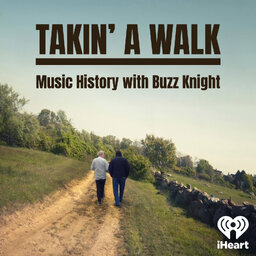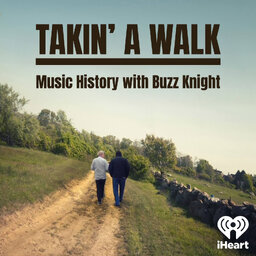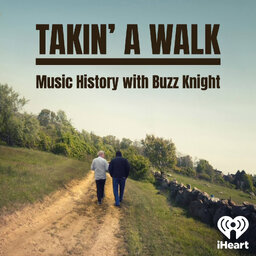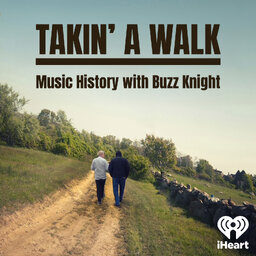"Takin ' A Walk" with Marcus "Bellringer Bell: Harmonizing Tech and Creativity
Join @thebuzzknight for this episode with Marcus "Bellringer" Bell, a visionary music producer and AI pioneer. Marcus shares his journey from aspiring musician to tech innovator, revealing how he's reshaping the music industry through artificial intelligence. He discusses the challenges and opportunities of integrating AI into the creative process, offering insights into the future of music production.
If you have comments or suggestions, write Buzz@BuzzKnightmedia.com
Find Buzz on Twitter @TheBuzzKnight and Instagram@takinawalkpodcast
Like this show? Share with your friends and leave a review. Review
In 1 playlist(s)
Takin' A Walk - Music History with Buzz Knight
On the Takin’ A Walk-Music History Podcast, Buzz Knight goes deep with American music’s most iconic …Social links
Follow podcast
Recent clips

Join Buzz Knight and Peter Wolf on a Walk Through Music History, Personal Stories, and Legendary Artist Encounters-Replay-Best Music Podcast
40:31

Join Buzz Knight and C. J. Chenier as They Explore the Rich Legacy of Clifton Chenier and Zydeco Music
23:25

Kenny Wayne Shepherd-Music History on Foot with Buzz Knight Blues, Guitars and Inside Bob Dylan Stories-Replay
39:22
 Takin' A Walk - Music History with Buzz Knight
Takin' A Walk - Music History with Buzz Knight